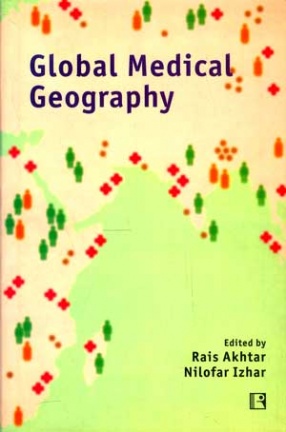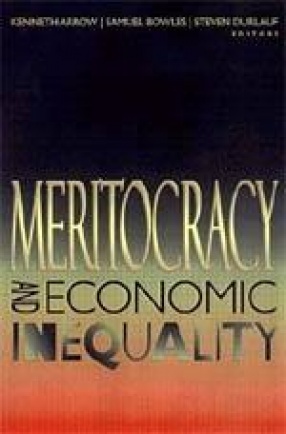Vast majority of people in the third world suffer from high mortality and morbidity. In contrast, the affluent enjoy a health status comparable to that of most people in the developed countries. The distribution of health services are also skewed-resources are directed at sophisticated facilities in towns while the rural majority remains practically unserved. Thus, maldistribution of health care resources is one of the most serious problems facing all developing countries especially those with a colonial past. A geographical study of health care focuses on aspects concerning the facilities and practitioner location, inequality in accessibility, distance decay in utilization frequency, travel time and costs. These aspects are analysed within the framework of the physical and socio-economic framework of the physical and socio-economic cultural and political conditions of a given situation. This book has grown out of numerous studies on varied topics; the spatial organization of health care facilities, inequalities, accessibility, location allocation models, knowledge about health care systems in different cultures and illness and health beliefs in different regions in India. The book discusses spatial pattern of inequalities in health care facilities in India in general and in various states in particular, indigenous system of medicine i.e., Unani, and homeopathy, and planning and accessibility models.
Global Medical Geography: Essays in Honour of Prof. Yola Verhasselt
Medical geography is an area ...
$69.30
$77.00






There are no reviews yet.